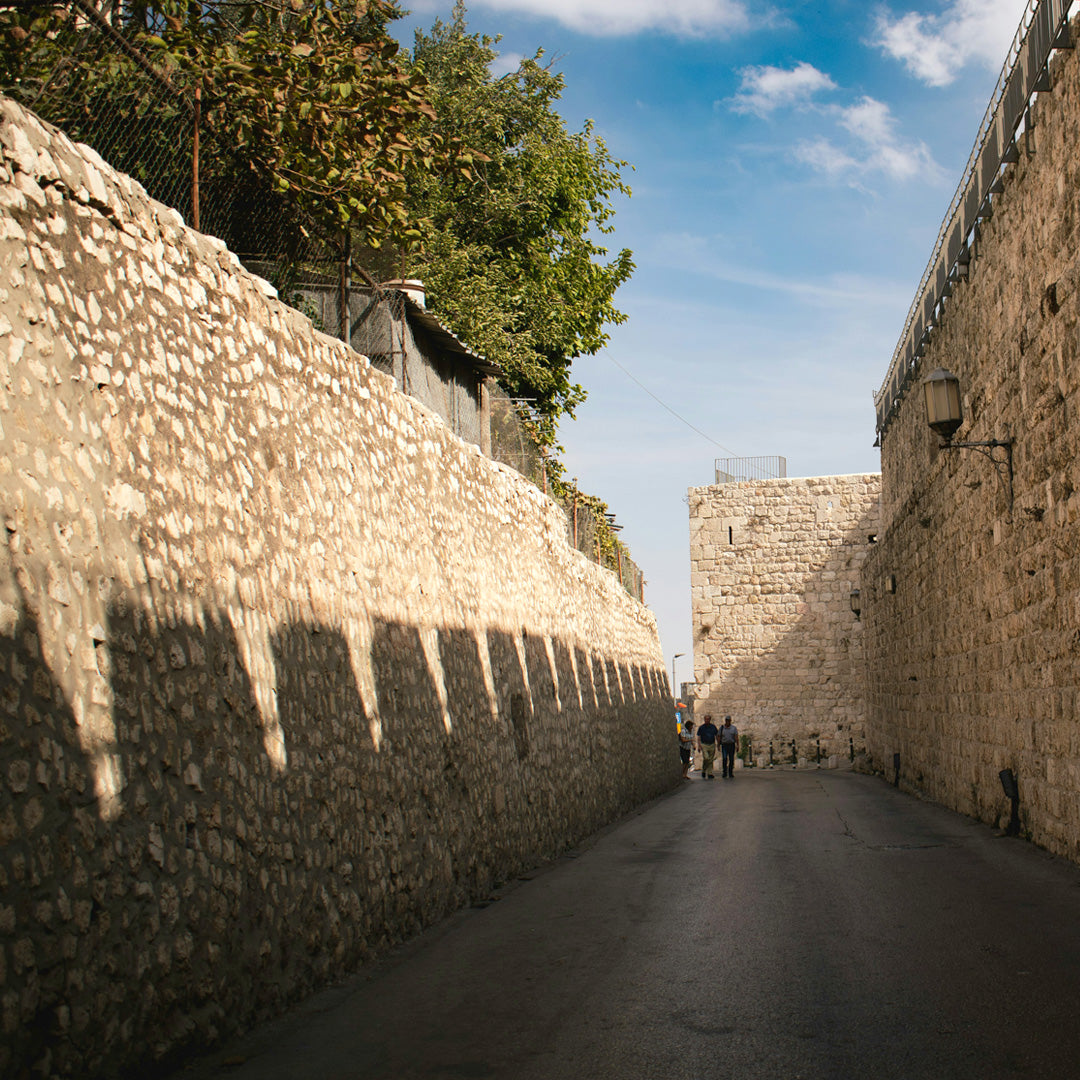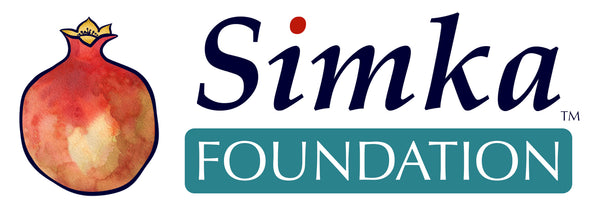Cheshvan — חֶשְׁוָן
The 8th Biblical Month is all about ABUNDANCE
2025: October 22 (sunset) - November 21 (sunset)
Cheshvan is all about rain, a source of abundant life!
Like special days that dot God’s calendar for the purpose of discipleship, rain is also a reminder of the King’s constant presence. Hosea, the prophet, compared rain to the Lord, saying: “He shall come unto us as the rain, as the latter and former rain unto the earth” (Hosea 6:3b).
Israel has two seasons of rain which are the former rains in the fall and the latter rains in the spring. Both are crucial for crops, the restoration of dry land and the offset of drought and famine. The word for the former rain, “yoreh,” comes from the same root as to shoot or instruct. Like an arrow sent to hit its target or instruction from a teacher to a pupil, yoreh (rain) falls to soften the ground for the first round of planting.
God’s teaching is also compared to rain in Deuteronomy 32:2, “May my teaching drop as the rain… like gentle rain upon the tender grass, and like showers upon the herb”. May the Lord’s living water nourish the dry places and tenderly shower every new seed He is planting in your heart this month.

Cheshvan is remarkable in that it is the only month on the Hebrew calendar without a festival or special day. The name “Cheshvan” originated at the time of the return of the exiles from Babylon. Previously, the eighth month was called “Bul” meaning “increase.” Increase in an agricultural sense starts with rain, hence Cheshvan is the beginning of the abundance of the rainy season.
These words from Paul the Apostle’s mentor talk about coming of the fall rains: “On the seventh day of Cheshvan, fifteen days after the conclusion of the festival [of Sukkot], one begins to pray for rain. This is to allow the very last Jew to reach the Euphrates River.’’ - Rabbi Gamaliel (Mishna Tannit 2:3)
Deep Dive into Cheshvan
Cheshvan, also called Mar Cheshvan, is the eighth month in the Hebrew calendar, or second month counting from Rosh HaShana. In the Bible, it is also called Bul. The word “mar” means “bitter” because it is the only month which does not have a holiday or any other special custom like a day of fasting. It is the anticlimax of the preceding month of Tishrei. After all the holidays, it is back to normal life. This is the time to take all the inspiration and blessing we received during the feasts of Tishrei and integrate it into our lives.
The Jews say it is a good opportunity to learn how to balance the spiritual and physical elements of our life in harmony. The month of Cheshvan, they say, exactly because it is so ordinary, represents the very purpose of life on earth. Like in a marriage, when the honeymoon is over, the time comes to build a genuine relationship with God in our daily lives. Trust and loyalty are demonstrated as we go about our daily routine. It is the same in our life with God: now comes the time to discover the joy flowing from a continuous relationship with Him.
Cheshvan is the time when we learn how to put in practice all that we received in the previous month: during the Feast of Tabernacles, we heard many inspired messages, we felt the presence of God, we were encouraged and inspired with new revelation and ideas. Now is the time to do it. Cheshvan is the training battleground, and our weapons are described in Ephesians 6:10-18.
What happened in the month of Cheshvan in the Bible?
The great flood in the days of Noah began in this month, on the 17th of Cheshvan (see Genesis 7:11), and it was a year later, also in the month of Cheshvan, on the 27th day (Genesis 8:14), when Noah left the ark.
In the month of Cheshvan, Jews commemorate the passing of matriarch Rachel. She is buried on the road to Beit Lechem, where throughout the ages, and still today, Jews of all walks of life go to pray. It is also the birthday of Jacob’s youngest son, Benjamin. What do these stories teach us about the nature of the month of Cheshvan?
Rachel spent her entire life outside of Israel, and passed away just as Jacob and his family entered the Land of Israel. Thus, she represents the exile of the Jewish people. In contrast, Benjamin is the only son of Jacob who was born in Israel, and with him, the Jewish people were complete. We see that the very death of Rachel resulted in the birth of Benjamin. The darkness creates the potential for the future light.
This theme can also be seen in the flood. Although the world in its previous state came to an end, at the same time, there was a new beginning which was being sown in the person of Noah. The death of the previous order gave rise to a new potential, a new beginning.
The message of Cheshvan is that new growth awaits us. Now is the time to gather the spiritual seeds from the holidays of the month of Tishrei, plant them, and carefully water them by studying the Word and spending time with the Lord.



